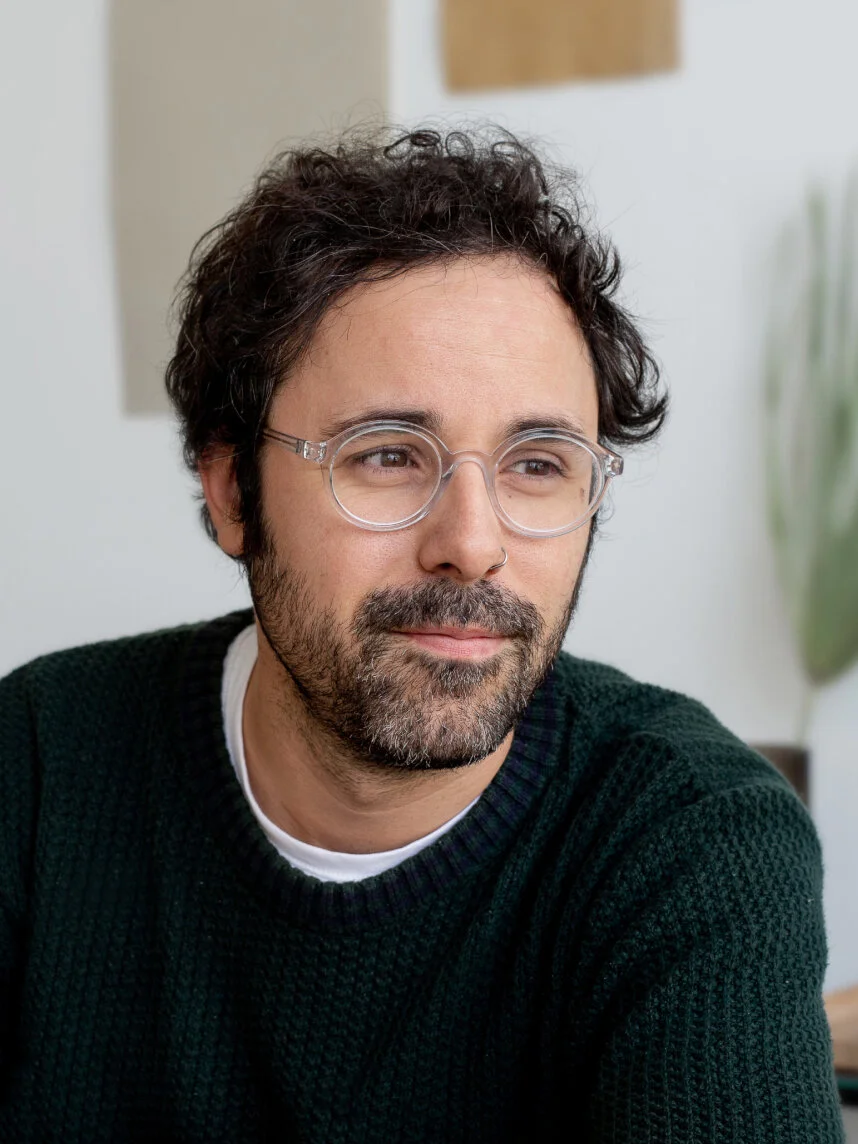
Addressing Health Inequities
“Limited access to healthcare: Minority populations, particularly those in rural or low-income areas, often have limited access to healthcare, which can result in delayed or inadequate treatment for health conditions.”
“Higher rates of maternal mortality: Black women are three to four times more likely to die from pregnancy-related complications compared to white women. ”
“Higher rates of chronic conditions: Black and Hispanic populations have higher rates of chronic conditions such as diabetes, hypertension, and obesity. They are also more likely to die from these conditions. ”
-
The Background
In the wake of George Floyd and the looming pandemic, individuals from Wunderman Thompson could no longer sit idly by as minority communities suffered.
They banded together to establish Health4Equity, an organization that values combating health disparities resulting from cultural prejudices and discrimination. Since its inception, the WPP funded Racial Equity Program has made significant strides in addressing health inequities with life-altering solutions.
They have tackle COVID disparities within the BIPOC community, while also improving the Black maternal health experience for Black mothers. Health4Equity is rolling up their sleeves and doing the necessary work.
-
The Ask
Elevate the reputation of Health4Equity to magnify awareness of their services, initiatives, and alliances and embark on a profound mission towards advancing health equity.
-
The Problem
Despite the incredible strides made by Health4Equity in combating the deep-seated health inequities caused by cultural biases and distrust, they continue to struggle with lack of recognition and engagement from existing and potential stakeholders.
Methodologies included Digital Ethnography, In-depth Interviews with Health Experts, BIPOC Individuals, NGOs & Funders, Secondary Research on Category & Communities Impacted, and Business Opportunity Mapping.
The Key Stakeholders
-

THE CLIENT PARTNER
While they are familiar with Health4Equity, they are not yet fully aware of the organization's complete range of community outreach and service efforts.
They are dedicated to reducing financial and social barriers to achieve equitable health outcomes.
They have established funds to address these challenges, but they may be unsure about which NGOs to prioritize due to the overwhelming number of organizations working towards health equity.
They may not have a complete understanding of the network of NGOs that are tirelessly fighting health inequality every day.
-

THE COMMUNITY CHANGE MAKER
Some of the groups involved in this effort are community and grassroots partners, health policymakers, and the media. They are committed to reducing the obstacles that prevent underrepresented communities from accessing healthcare.
They have established a forum to tackle one of the numerous health disparities, either through their entrepreneurial ventures, presentations, or media coverage. However, they may lack the necessary resources, expertise, and funding to spread their message.
They campaign for a more diverse workforce, tackle inequalities, and promote digital health.
There is a disconnect between where equitable health initiatives are being developed and where community work is actually being funded.
The Broken Truth
The Insight
In the quest for equitable healthcare, it can be difficult to discern who is genuinely advancing the cause, especially when the health system itself is flawed.
The Key Opportunity
Position Health4Equity as the ultimate arena for fighting against various forms of health inequities by building a strong and recognizable brand.
The Strategy
Health4Equity becomes the powerful force of unity that mobilizes communities to repair a broken health ecosystem, and propel the needle towards a future of equitable health.
Idea: More than just a website, but a hub of power, action & change.
Brand Essence Video
We needed to ground Health4Equity's identity and values and establish a consistent brand voice.
Anchor in it’s Visual Identity
To better reflect the community facing health inequities, we refreshed the Health4Equity logo to accurately represent their diverse skin tones.
Establishing The Hub
Initially, upon visiting the Health4Equity website, stakeholders often mistook it for an organization that solely focused on black maternal health. We had to guide them on a journey to understand the true identity and range of services provided by Health4Equity. This involved clarifying their purpose and helping stakeholders recognize the full extent of their impact.
Team: Shaunda Lambert-Gary (ST) | Nina Stitt (CW) | Jemimah Ekeh (UX) | Jessica Falls (AD) | Joelle Mitchell (AD)






